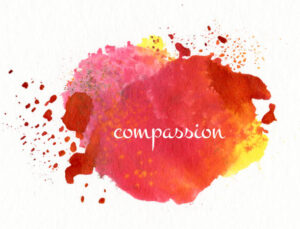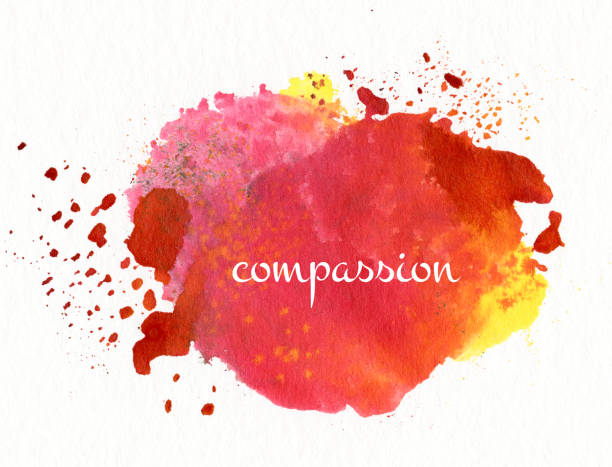
Judgement and compassion are both responses to human behavior, yet they lead us in completely opposite directions. Judgment contracts us. Compassion expands us. Understanding the difference between the two can dramatically shift how we relate to ourselves and others. Judgment is rooted in comparison, fear, and the need to protect our sense of identity. When we judge, we separate. We create categories—right and wrong, good and bad, worthy and unworthy. Judgment often arises quickly and unconsciously, a reflex shaped by past experiences and un examined beliefs. It tends to close the heart, tighten the body, and fuel stories of superiority or inadequacy. Even when aimed at ourselves, judgment diminishes our ability to grow because it focuses on blame rather than understanding. Compassion, on the other hand, is grounded in awareness and connection. It does not excuse harmful behavior, but it seeks to understand the conditions that led to it. Compassion says, “There is more to this story.” It allows space for complexity—for wounds, histories, pressures, and human limitations. While judgment divides, compassion bridges. It opens the heart, relaxes the body, and invites curiosity instead of criticism. The key difference lies in intention. Judgment wants to categorize. Compassion wants to witness. Judgment pushes away. Compassion leans in. Judgment punishes. Compassion invites healing. Choosing compassion does not mean abandoning boundaries or accountability. It simply means holding humanity at the center. It means recognizing that everyone, including ourselves, is a work in progress. When we approach life with compassion, we create environments where growth becomes possible, relationships deepen, and understanding replaces fear. By learning to pause, breathe, and observe our internal reactions, we can shift from judging to understanding. And in that shift, we find a more peaceful, connected, and authentic way of living.

